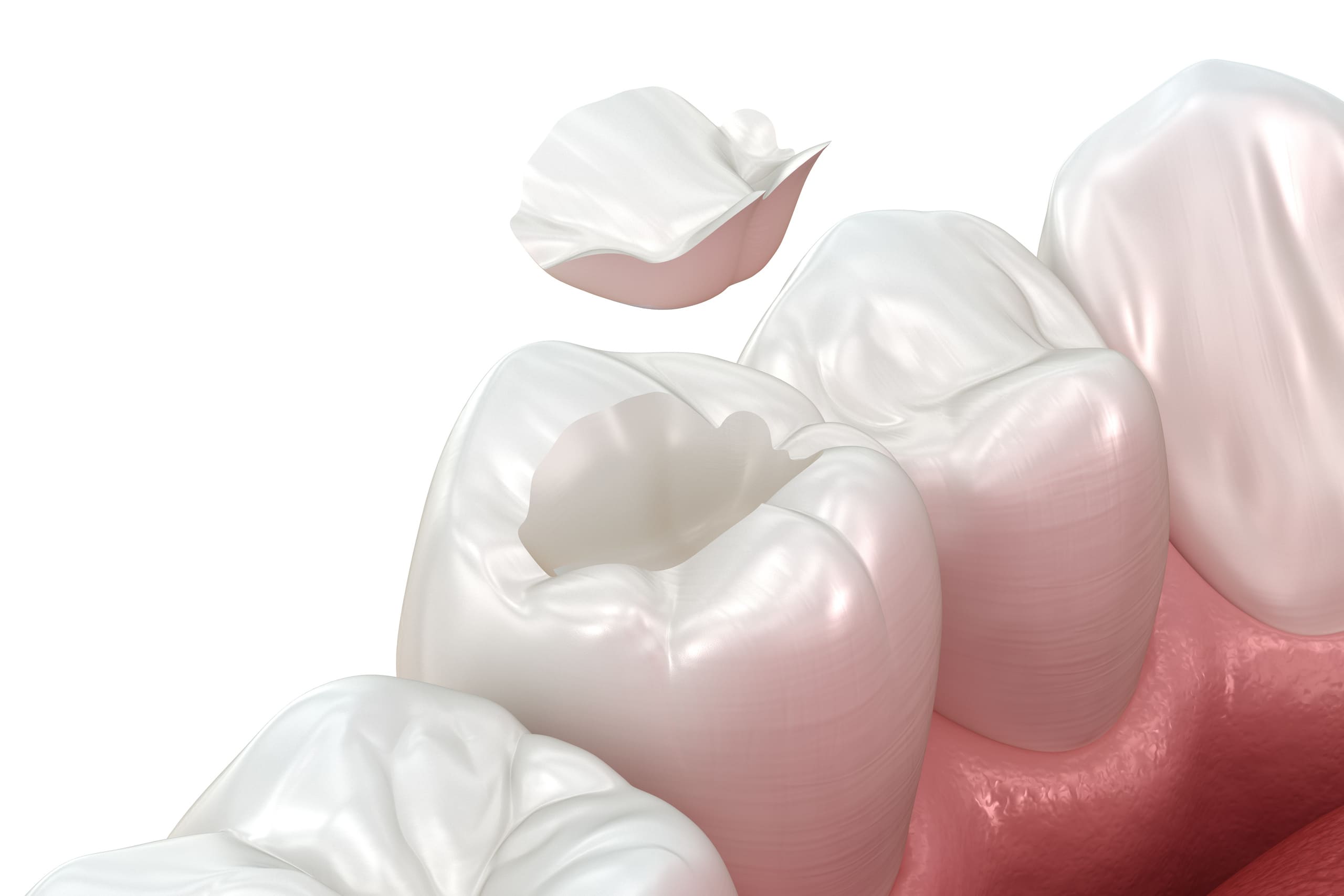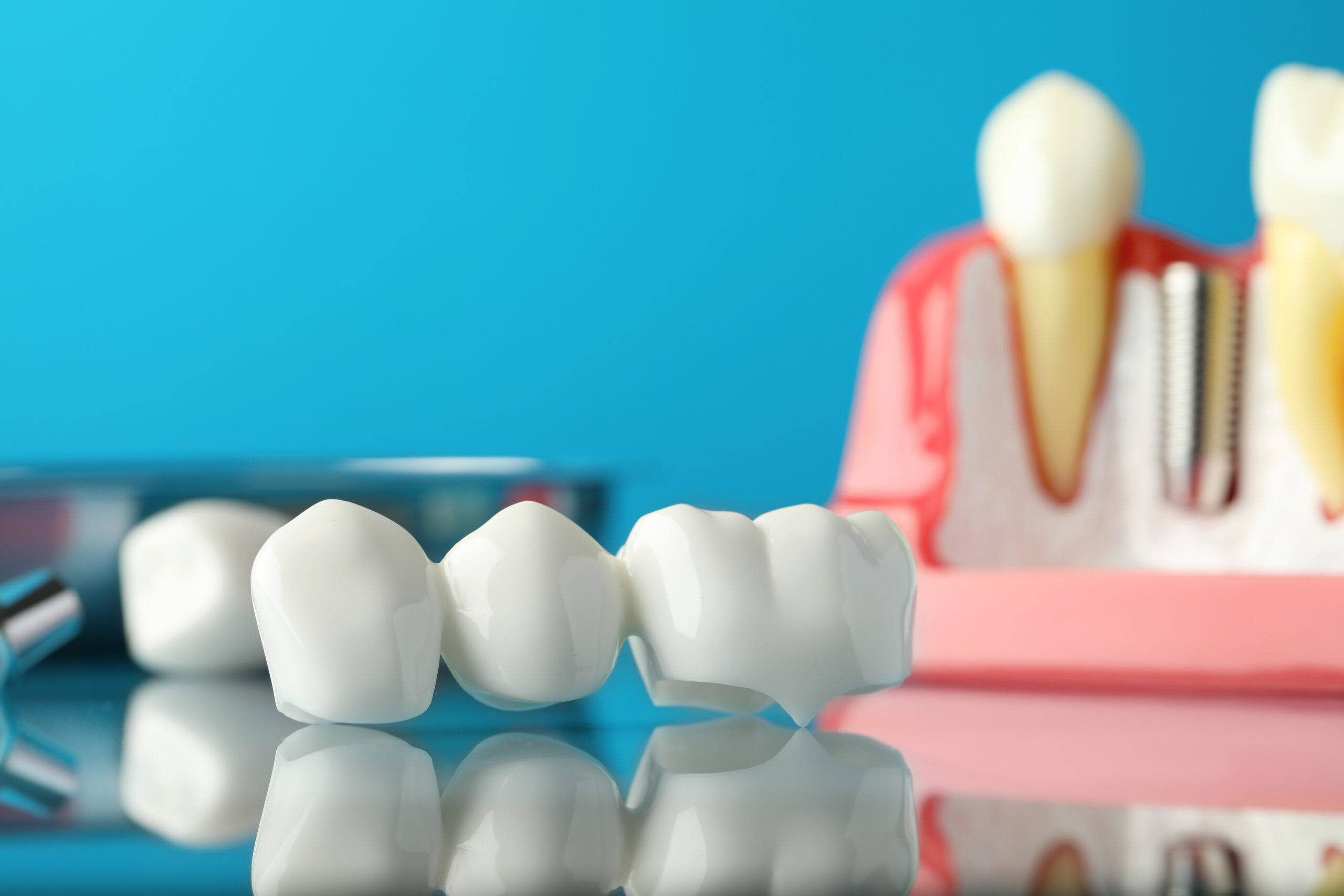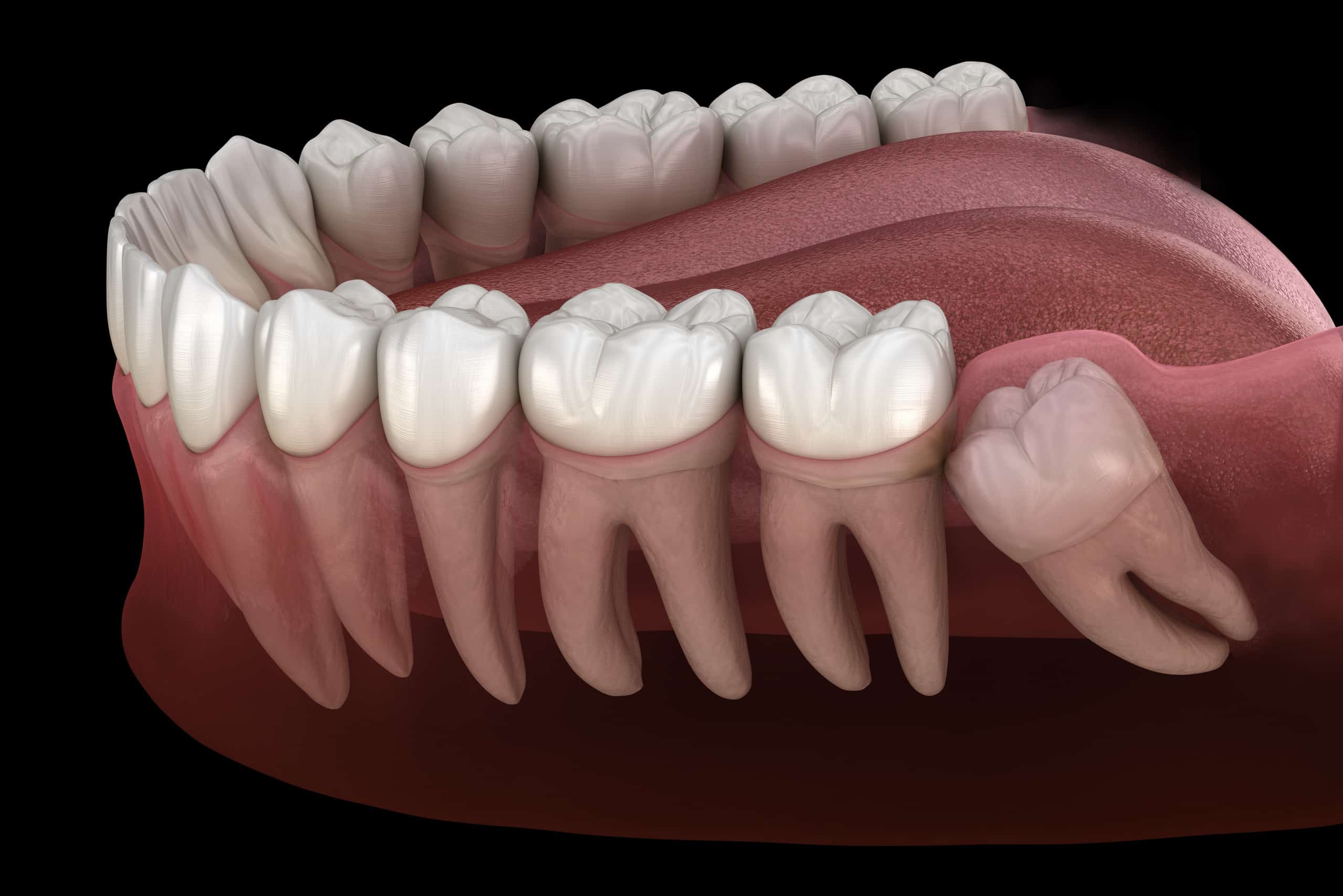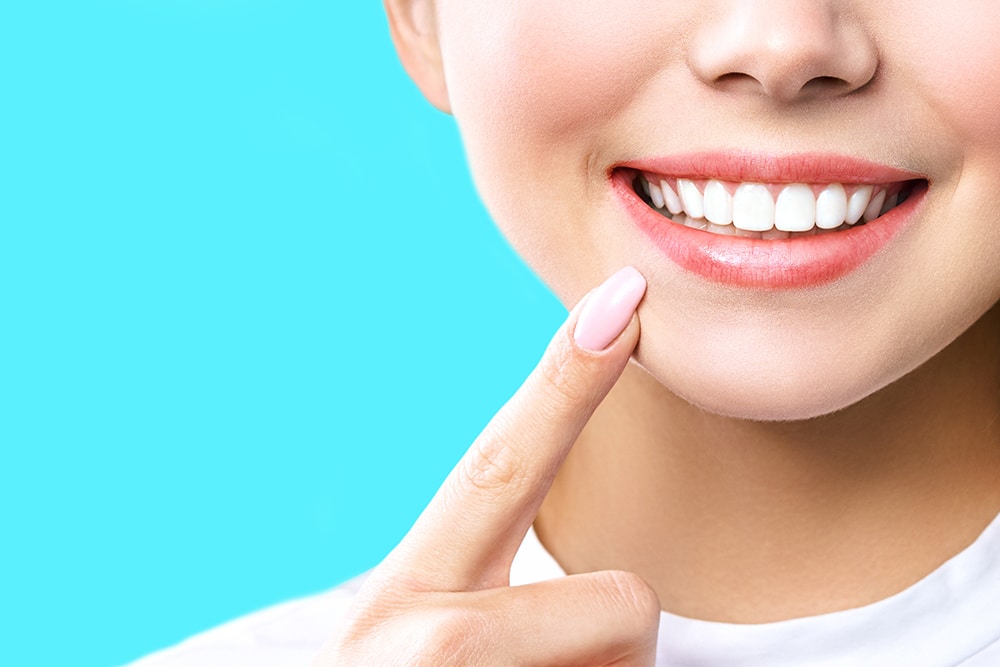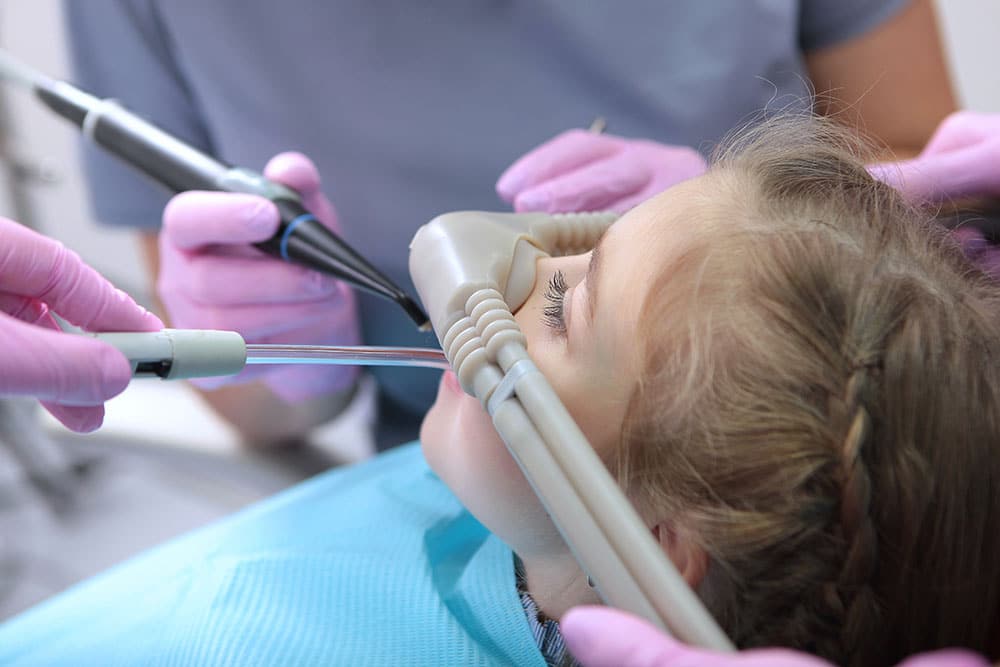Four Symptoms of Jaw Cancer
Jaw cancer is a rare type of head and neck cancer that typically develops when an oral cavity cancer spreads to the jawbone. At Avalon Dental Care, we understand how unnerving it is to learn about a jaw cancer diagnosis. However, we believe that being educated, prepared, and proactive can help ensure the best possible outcomes!
What Are the Symptoms of Jaw Cancer?
Most jaw cancers are benign, meaning they don’t spread to the surrounding tissues. However, jaw cancers are aggressive in some rare cases, moving to the surrounding structures and wreaking havoc on your health.
The following are the four most common symptoms of jaw cancer:
- Jaw Pain: While most jaw pain is attributed to TMJ disorder, it’s essential to have any pain assessed by a dental professional to rule out oral cancer. In rare cases, aggressive jaw tumors can spread to surrounding bone and tissues, leading to tooth displacement, which can be quite painful.
- Jaw Swelling: One of the most significant symptoms of jaw cancer is swelling in the jaw area that’s visible on the side of the face. Swelling may also occur on the roof of the mouth or beneath the teeth, depending on the tumor’s location.
- Lumps on the Jaw: If a new lump develops on your gums or the roof of your mouth and doesn’t resolve in two weeks, it’s best to visit Avalon Dental Care for an evaluation. Lumps may indicate infections or benign growths but can also result from jawbone cancer.
- Loose Teeth: The most common type of malignant jaw cancer is squamous cell carcinoma, which reaches the jawbone through tooth sockets. A jawbone tumor could push your teeth out of place, causing them to loosen. It’s critical that you seek help right away if you ever notice that a tooth is loose.
What Are the Causes of Jaw Cancer?
The leading cause of jaw cancer is smoking and chewing tobacco products. Other risk factors include aging, genetics, excessive alcohol consumption, poor oral hygiene, viral infections such as HPV, and poor nutrition.
How Can You Lower the Risk of Jaw Cancer?
The best way to lower the risk of jaw and other oral cancers is to refrain from smoking or excessive alcohol consumption, consume a balanced, nutritious diet, and maintain a meticulous oral hygiene regimen. Don’t forget to visit Avalon Dental Care for your twice-a-year dental exams and cleanings. We always look out for oral or jaw cancer signs to provide early intervention, if needed, ensuring the best possible outcomes.
Quality Preventive Care in El Segundo and Lomita
Contact Avalon Dental Care to schedule your dental exam and cleaning today. We will conduct an oral cancer screening to rule out any abnormalities. You can always count on our team for outstanding care and service. Call us and schedule your appointment today!



